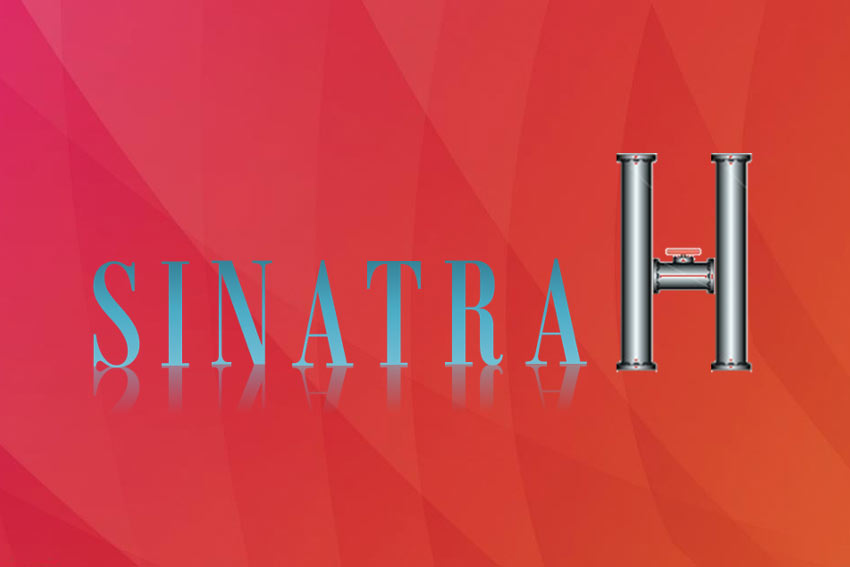- Siemens Engines and Tecnalia have collaborated in the project, led by Nortegas and with Basque Government funding.
- During the 24 months of the project, advanced solutions for the distribution and use of hydrogen were developed.
- Nortegas has thus strengthened its commitment to hydrogen and the potential of its gas distribution network to transport this renewable gas.
- Nortegas has recently joined the Spanish Hydrogen Association as an institutional partner.
Nortegas, the second natural gas distributor in Spain, has completed the SINATRAH project to develop advanced solutions for the distribution and use of hydrogen.
This initiative was conducted by an industrial consortium led by Nortegas, with the collaboration of Siemens Engines, two benchmark companies in the Basque Country, which have shown their commitment to sustainable innovation as key to becoming more competitive. The 24-month SINATRAH project involved the participation of the Tecnalia Technology Centre, as a technology agent of the Basque Science and Technology Network (RVCTI) and it received Basque Government funding through the HAZITEK programme.
SINATRAH focused on developing and exploiting advanced hydrogen distribution systems, along with its efficient use in sustainable industrial applications. The two technological innovations emerging from this project are: the development of a flexible upgrading system, based on advanced membranes capable of purifying and/or optimising the system’s output composition for different applications based on hydrogen mixes from the natural gas network; and the development of a more efficient advanced motor with fewer CO
2 emissions, capable of operating with natural gas mixes with high hydrogen content, while complying with the most demanding future environmental legislation.
Nortegas’s commitment to hydrogen
Nortegas is prioritising R&D projects, such as SINATRAH, as it is aware of the potential of hydrogen as a lever for change towards a carbon-free economy. In line with European and national energy plans, the distributor is committed to searching for sustainable energy alternatives that can harness the extensive infrastructure of its distribution network. In this regard, Nortegas has recently joined the Spanish Hydrogen Association as an institutional partner, where it will be able to continue driving the development of hydrogen technologies and its use in commercial and industrial applications.
The SINATRAH project has positioned Nortegas as a benchmark in the distribution of hydrogen mixes in the natural gas network, with a technology capable of purifying the hydrogen transported through its distribution networks.
In turn, Nortegas, along with White Summit Capital, Castleton Commodities International (CCI), SENER and Bizkaia Energía have recently unveiled their project to implement the first national green hydrogen plant that will harness the infrastructure of the Amorebieta-Boroa combined cycle power plant in Bizkaia. The development of this green hydrogen plant, with a capacity of 20 MW, aims to generate 1,500 tons of green hydrogen a year from renewable sources. Part of the hydrogen will be used at the plant, which will reduce CO2 emissions; part mixed with natural gas will be injected into the Nortegas distribution network to decarbonise part of the current energy consumption; a further amount will be used to cover the specific H2 needs in local industry or storage, and, finally, a H2 filling station (hydrogen station) will be installed to cover heavy vehicle needs.
Hydrogen, key in the energy future
Hydrogen has become a key energy product for the world economy in recent years. Both the European Commission and the Government have expressed their commitment to this clean and sustainable energy alternative. For some years now, the Basque Country has been working on projects focused on the hydrogen value chain that allows an industrial fabric to be developed with a prominent position in a sector of international importance.
Most hydrogen is currently produced by the natural gas reforming process and is transported by lorries in compressed hydrogen cylinders. In Europe, nearly 1,500 km of gas pipelines have been built to transport hydrogen, which is a much smaller network than the natural gas one. Natural gas distribution networks can efficiently transport renewable gases such as hydrogen. The current gas infrastructure of distributors such as Nortegas are therefore a safe and economically efficient alternative to allow the development and expansion of transporting hydrogen.


